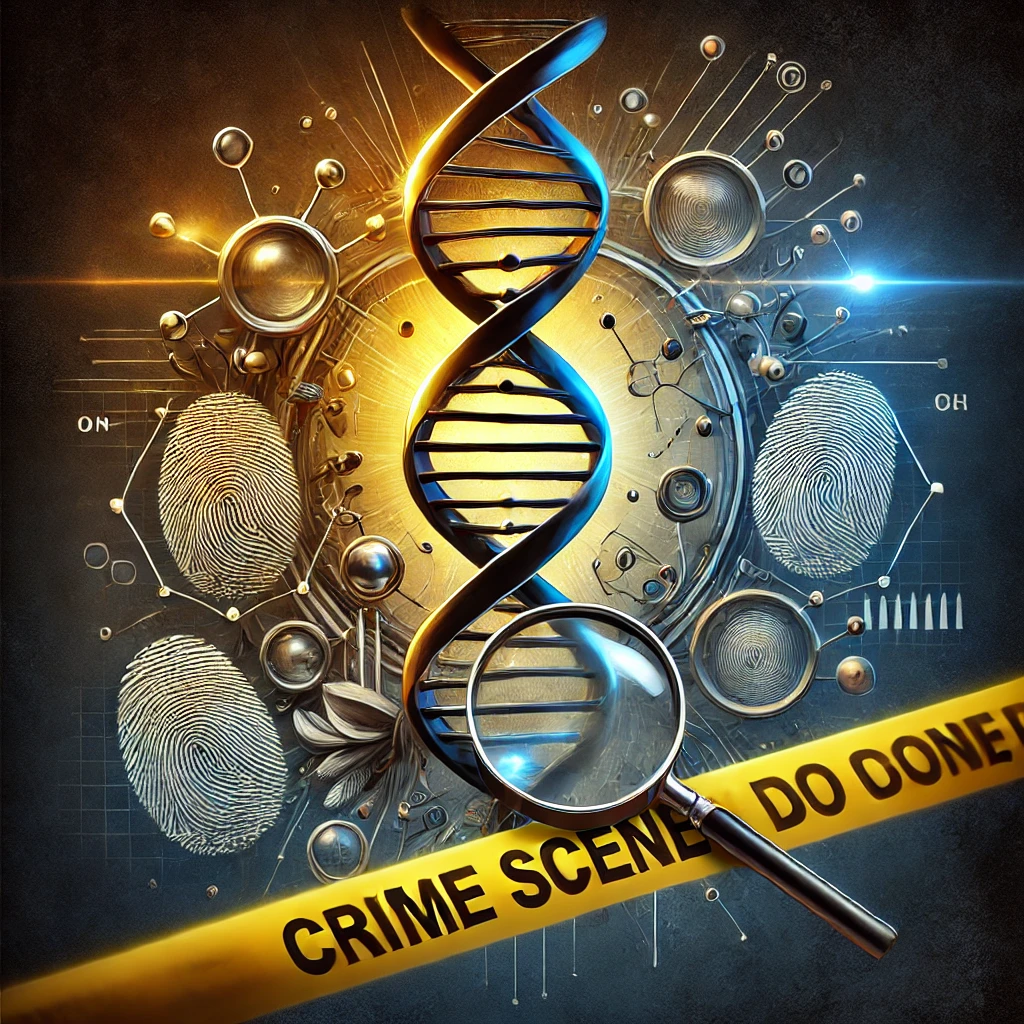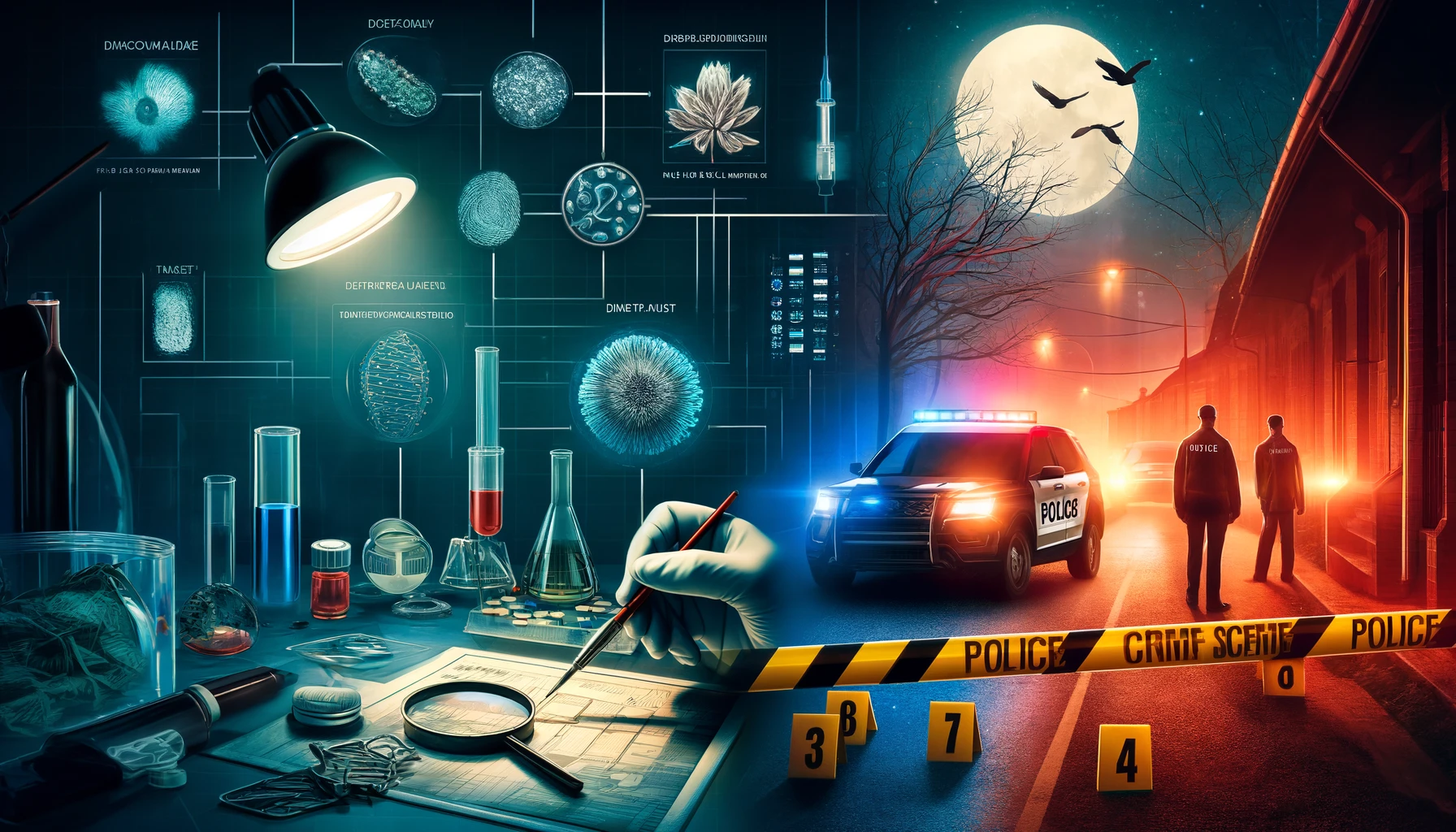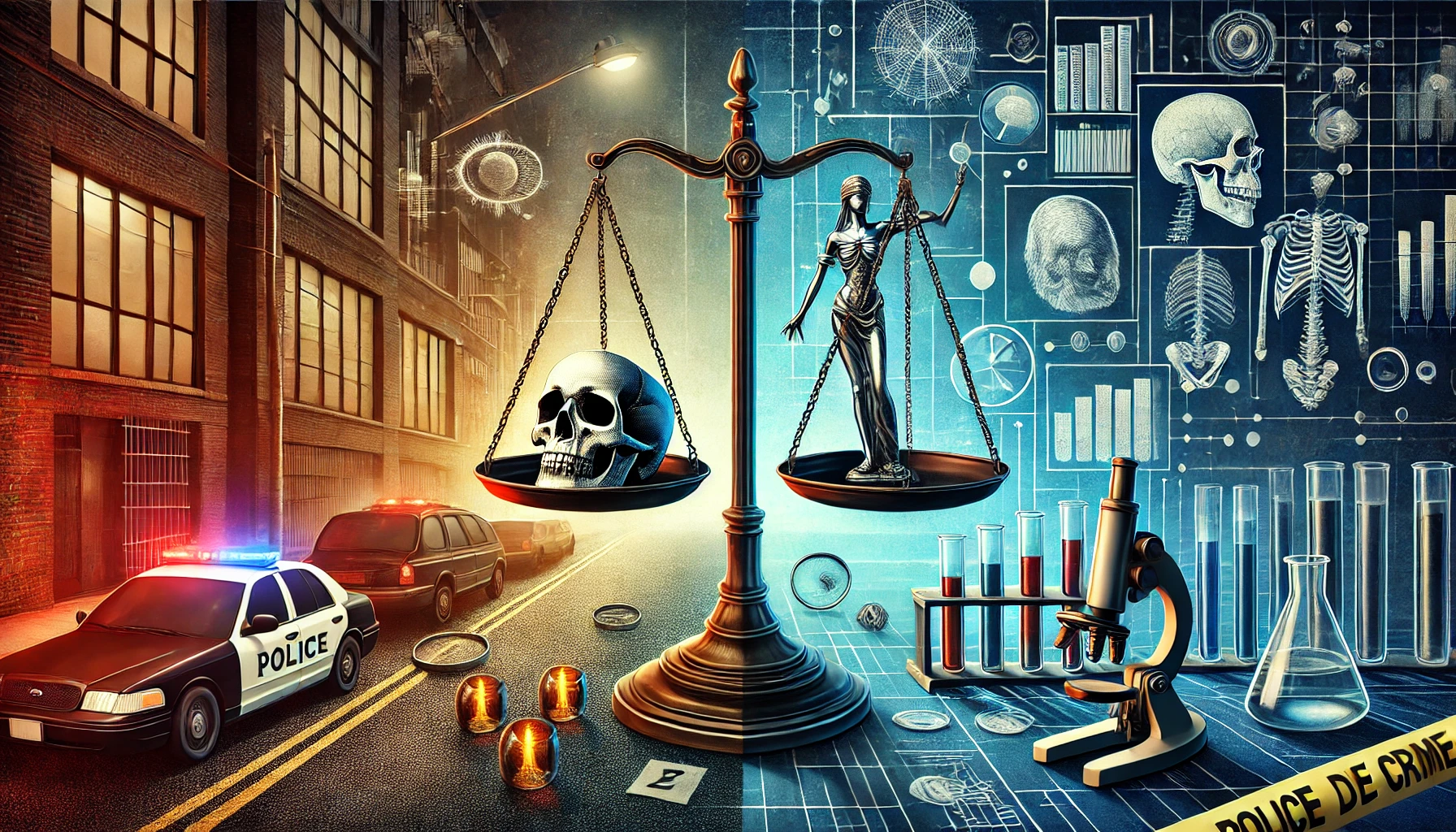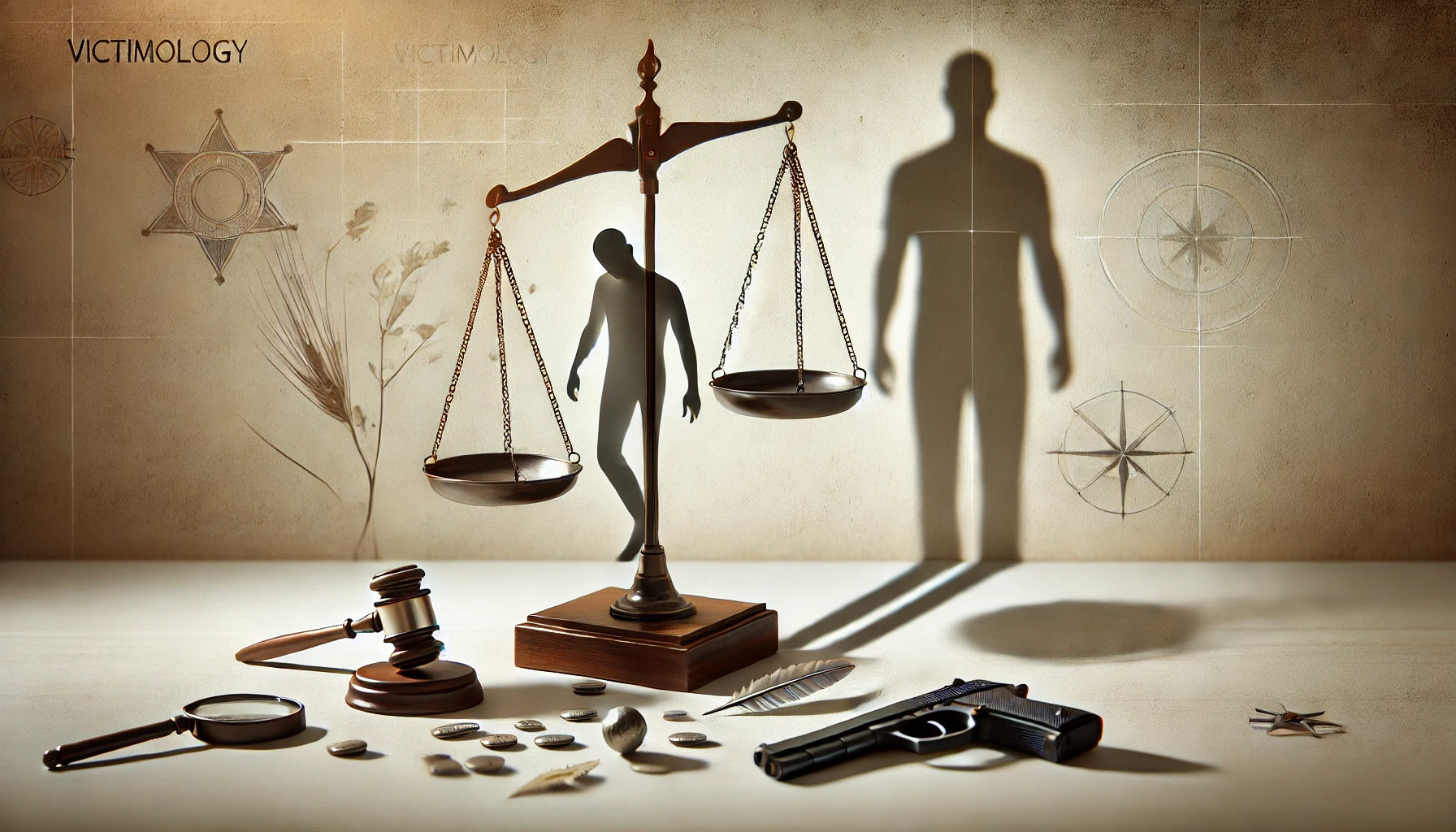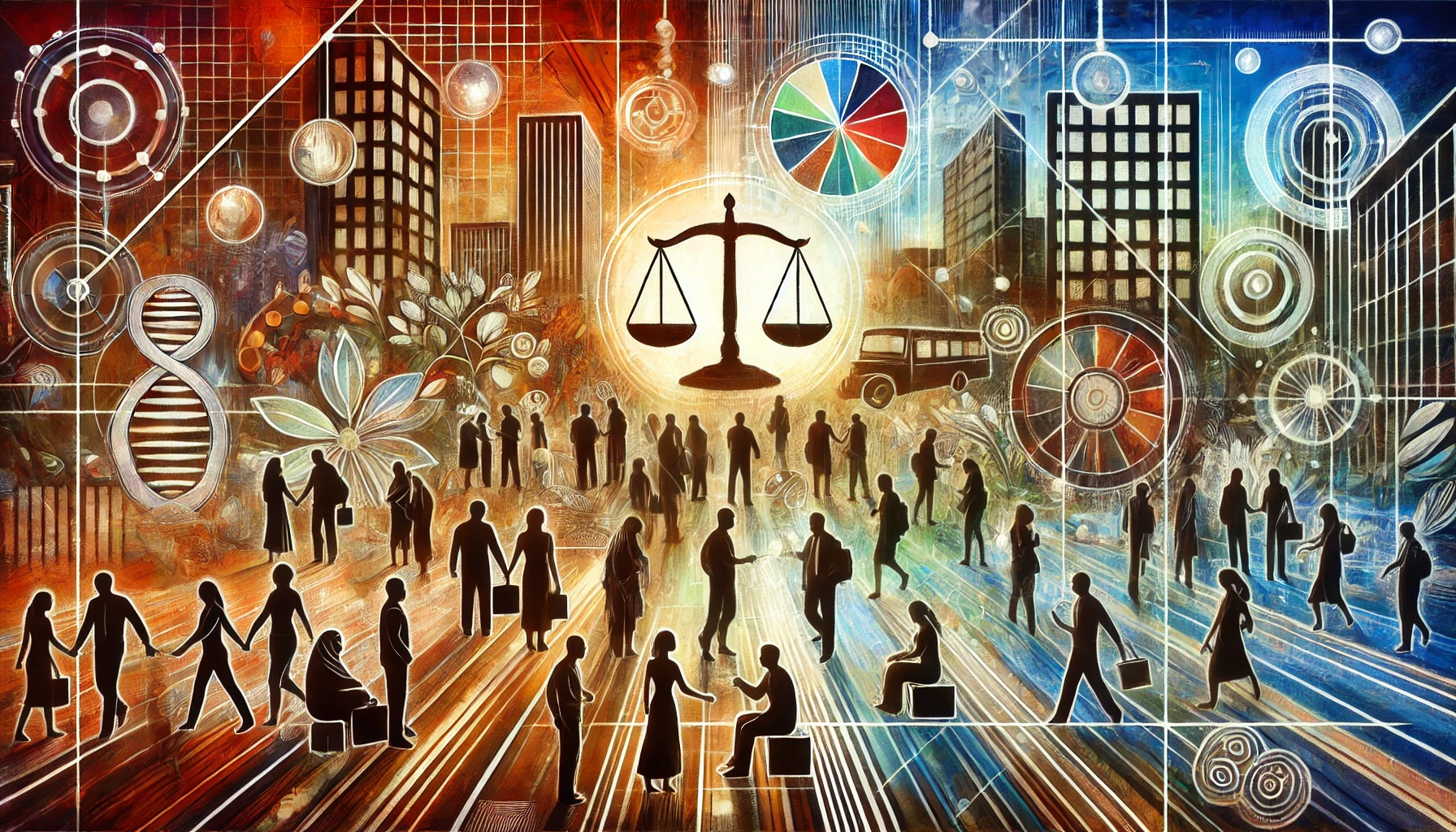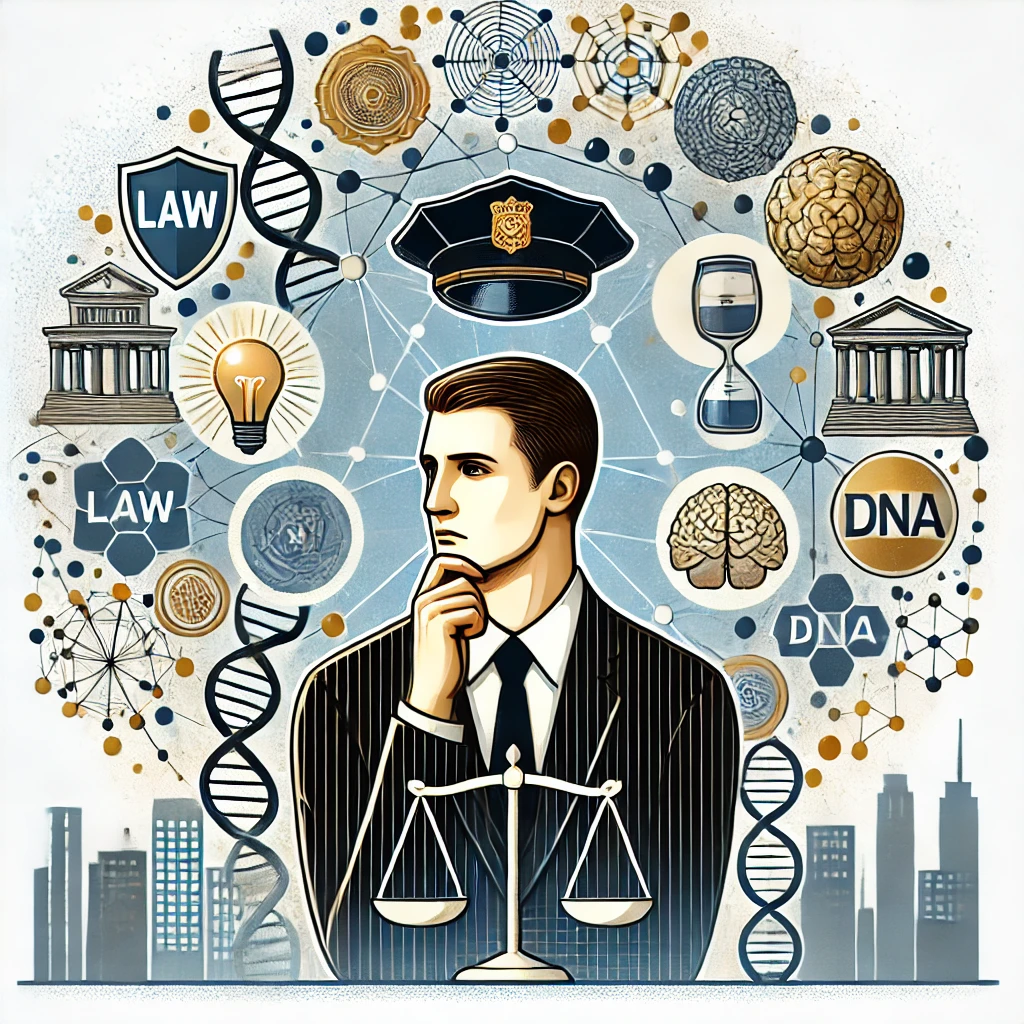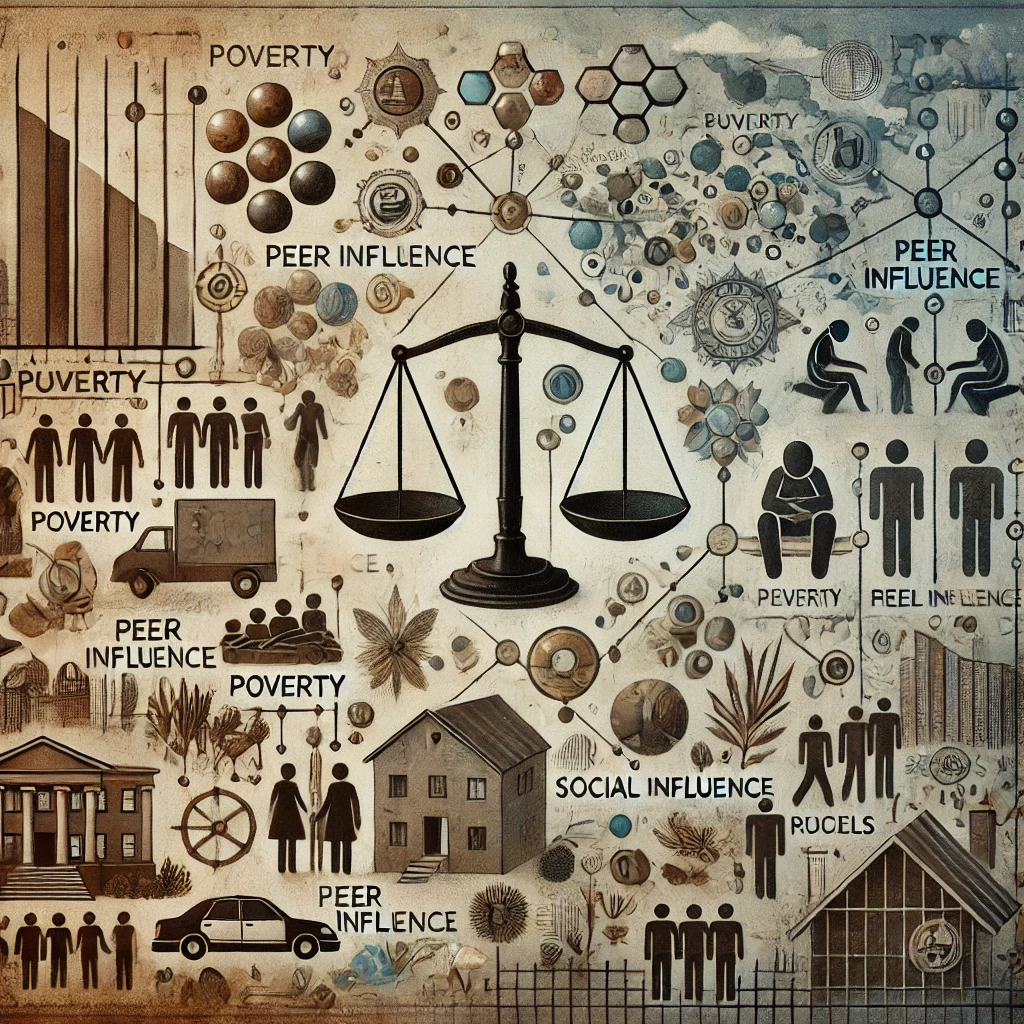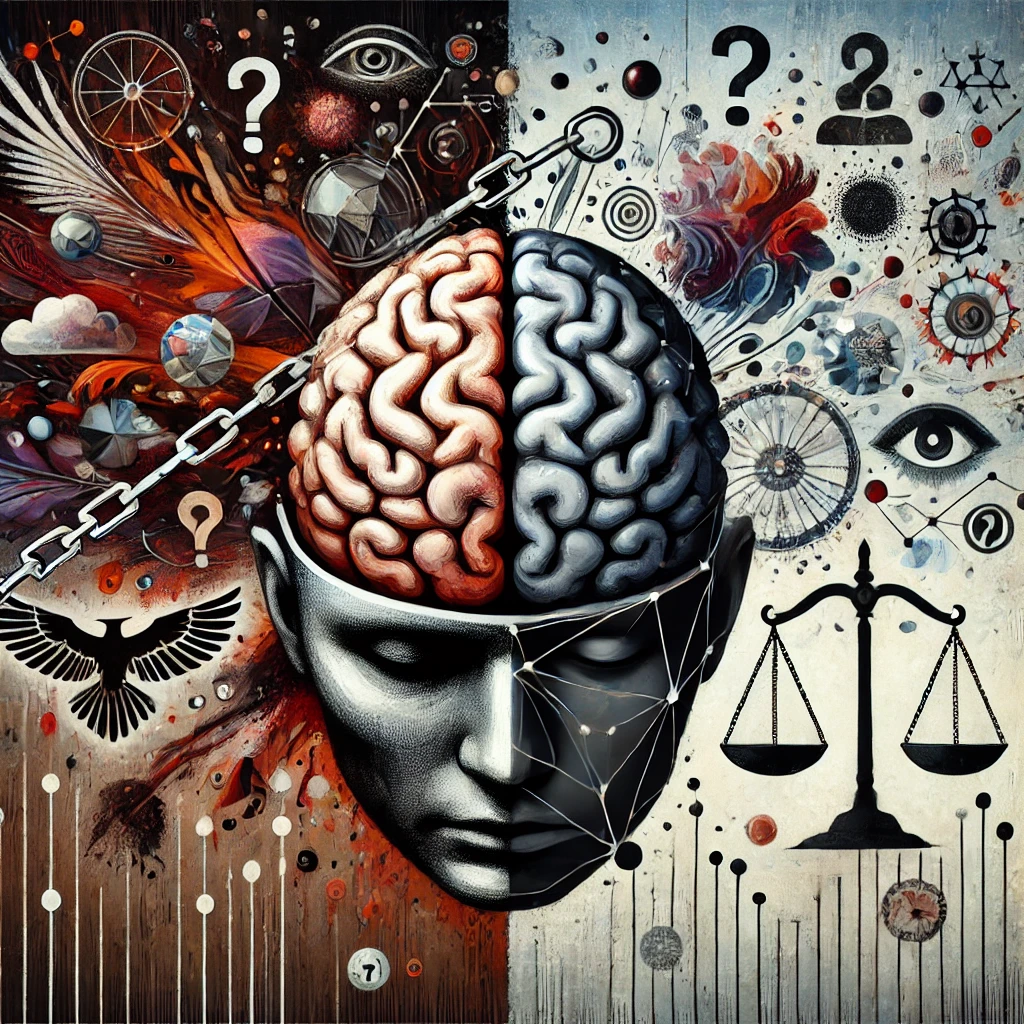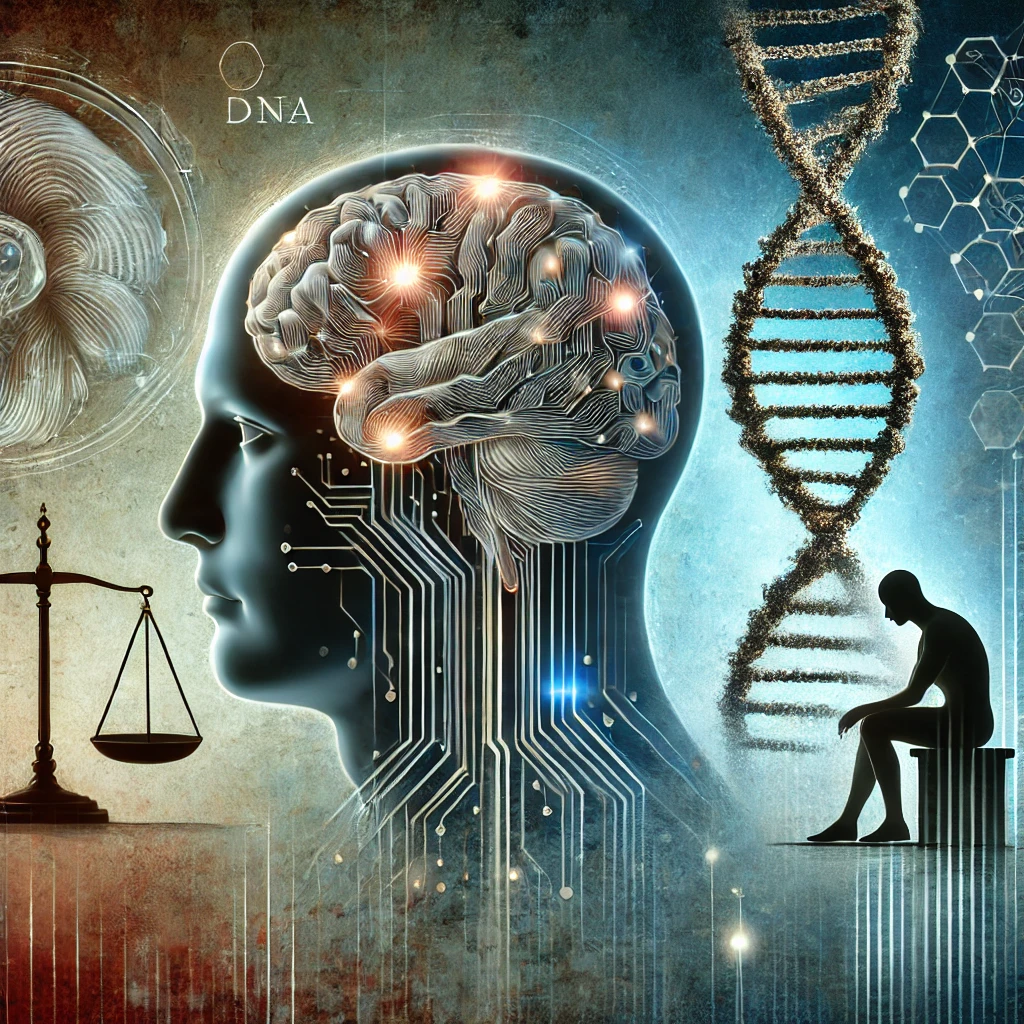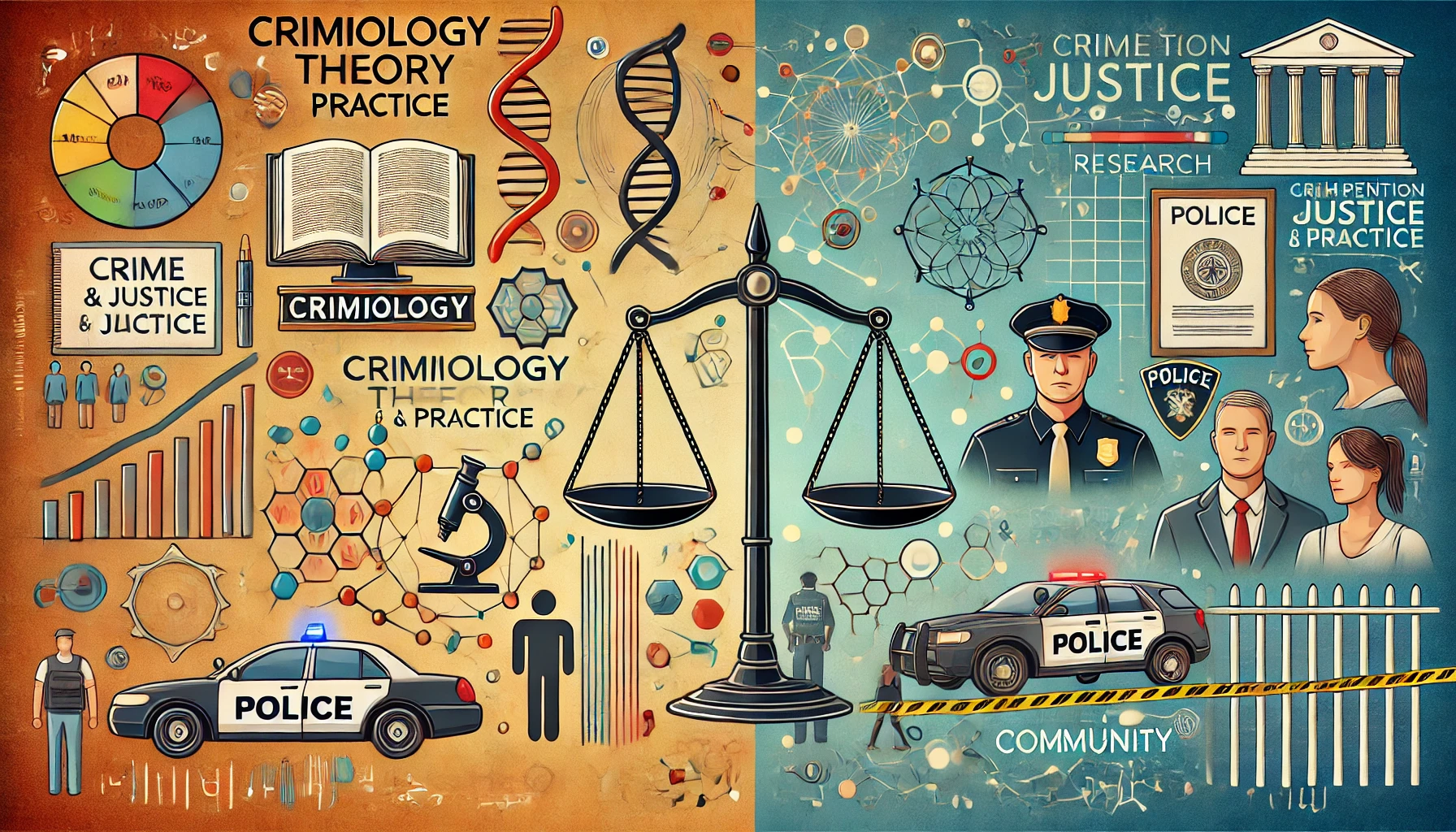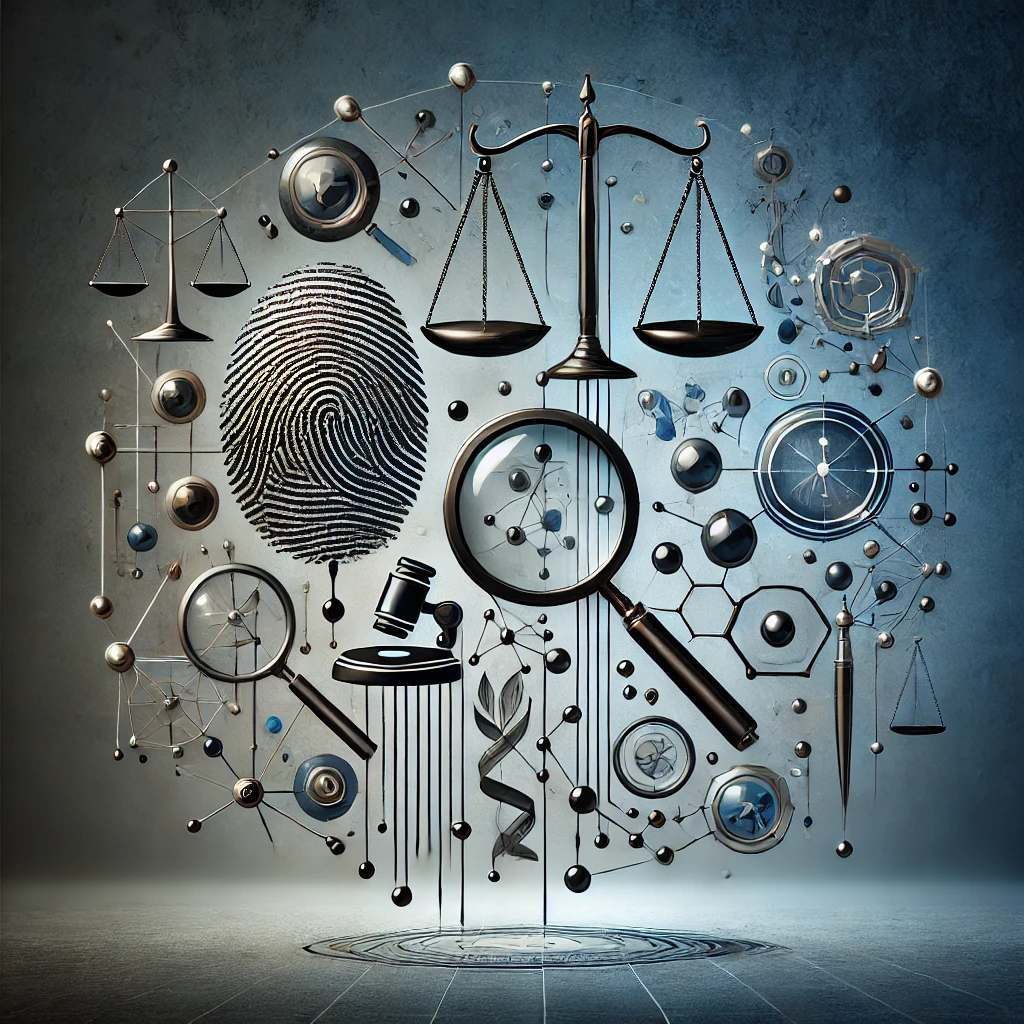Criminal Behavior and DNA Analysis
Understanding criminal behavior is a cornerstone of effective law enforcement and criminology. With advancements in science, DNA analysis has become a transformative tool in linking individuals to crimes, understanding behavioral tendencies, and ensuring justice. This integration of biological evidence with behavioral analysis not only solves crimes but also helps in preventing future offenses. The Role … Read more

